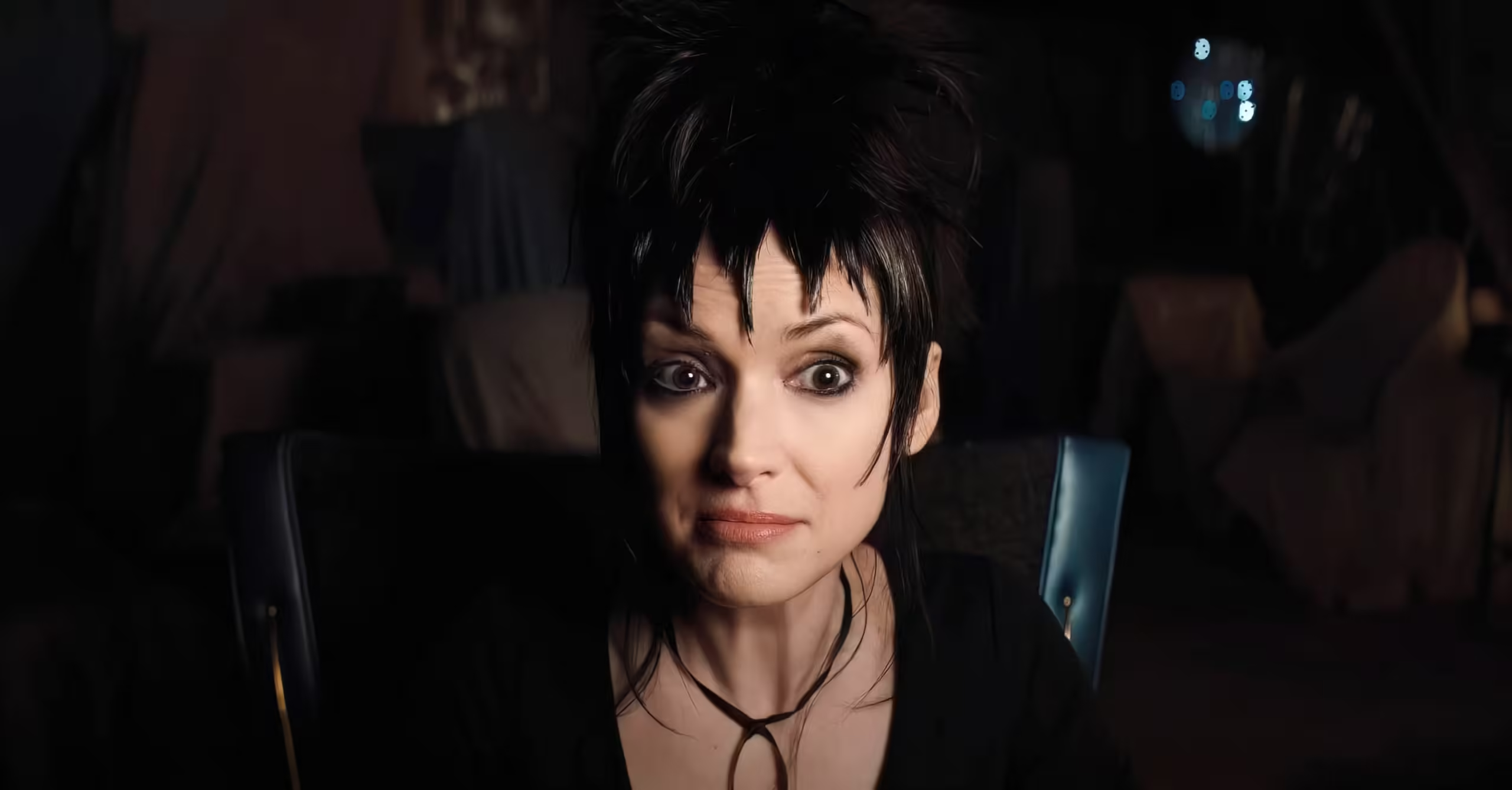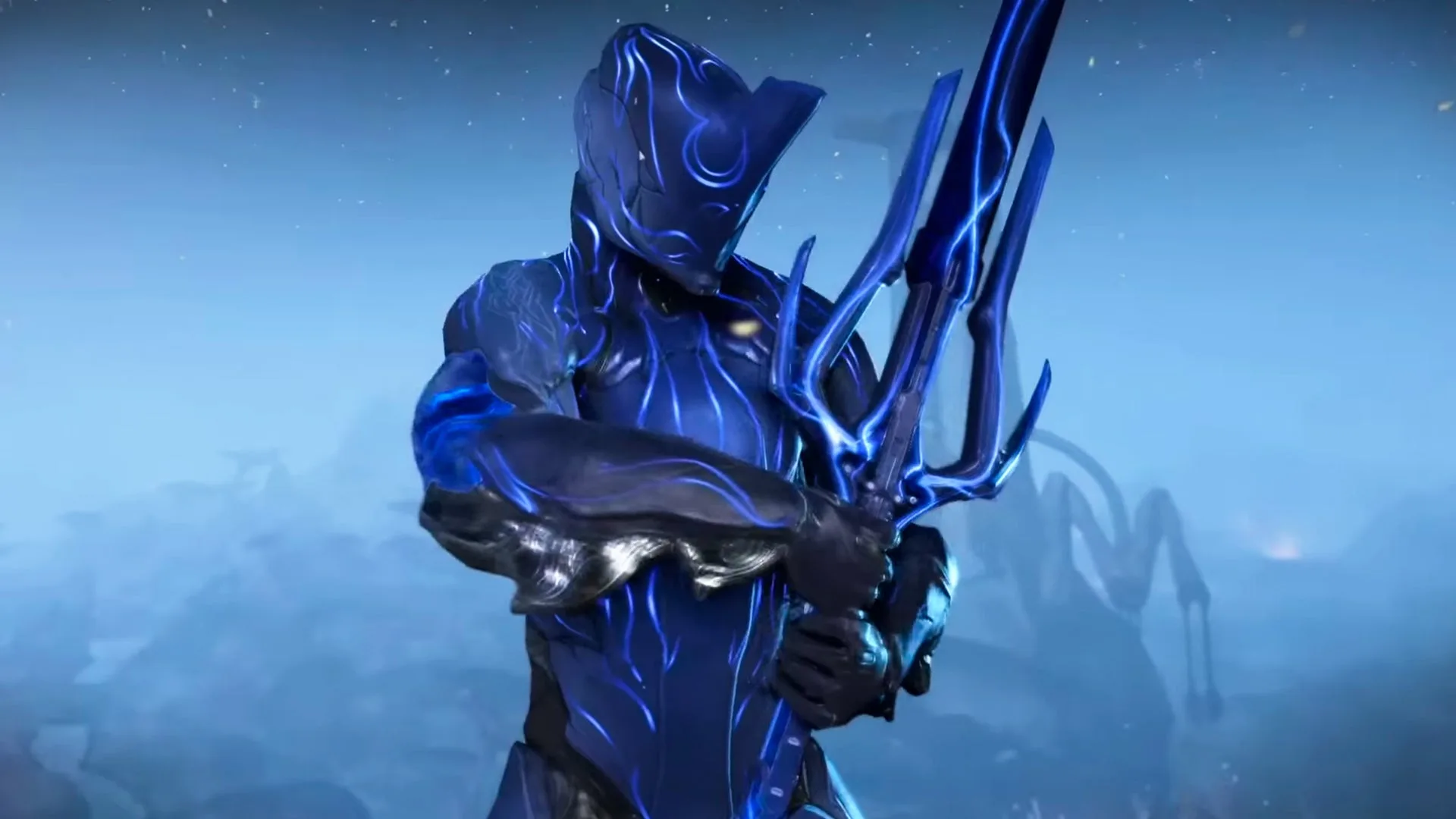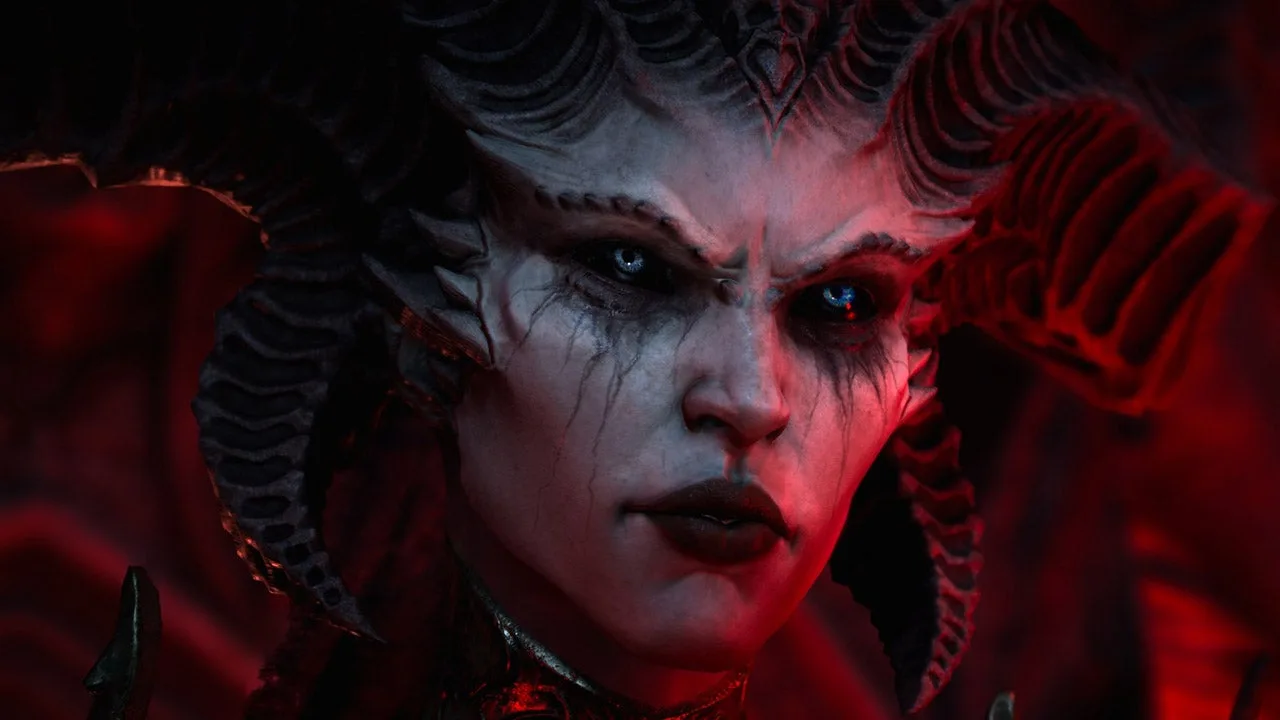There’s a whole lot going on in Tim Burton’s sequel to his 1988 hit Beetlejuice. Burton and his writers bring back some of the original characters for Beetlejuice Beetlejuice, and introduce a lot of new ones, then cram them all together in half a dozen distracted, incomplete plot lines. None of the characters, new or old, get any room to breathe or assert themselves in a way that would resonate the way the original movie did.
Monica Bellucci as the film’s supposed villain barely gets more than an introduction and a send-off. In his return as undead, lecherous chaos monkey Betelgeuse, Michael Keaton gets a few short set-pieces, but feels almost like a background character in his own movie. Still, the sequel’s most tragic victim is poor lost Lydia Deetz (Winona Ryder), the gothic-teen heroine of the first movie, the supposed central figure in the sequel, and the biggest wasted opportunity in the whole messy deal.
Beetlejuice Beetlejuice is frustratingly short on new ideas. There are a few promising threads, like Lydia’s mutually frustrating estrangement from her daughter Astrid (Jenna Ortega) and Astrid’s soulful connection with a local boy, Jeremy (Arthur Conti), who seems blissfully normal compared to Astrid’s various weird blood relations and their hangers-on. (It’s no surprise that he’s up to no good: Never trust anyone in a Tim Burton movie whose whole brand is “I’m the normal one.”)
None of these half-developed storylines come to anything, though, amid all the callbacks to the original movie, which range from recycled designs and let’s-just-do-the-exact-same-thing-again visual gags right down to wholesale lifting Beetlejuice’s ending for the new movie. And that exasperating lack of creativity, innovation, or iteration in the sequel is at its absolute worst when it comes to Lydia.
In the 1988 movie, Lydia is a classic Burton oddball, an outsider who doesn’t fit into the mainstream and doesn’t necessarily want to. She’s also an angsty teenager. But she changes a lot over the course of the movie, finding confidence and joy in life, and seemingly coming to terms with the world. So it’s odd to see how she reverts to that angsty-teen version of her character in the new movie. Thirty years later, she’s had a partner, a child, and a career, but she feels like the Lydia from the first film’s opening act, snipped out of that story and dropped into this one. Ryder plays her with the same fixed, strained exasperation she had in 1988, plus a little more angst — but the real problem is the script, which gives her virtually nothing to work with.
When Beetlejuice Beetlejuice starts, Lydia is a popular TV medium starring in a ghost-chasing series that monetizes her not-always-welcome ability to see and talk to the dead. She’s still traumatized by her teenage encounter with Betelgeuse, experiencing frequent flashbacks and nightmares. Her teenage daughter Astrid hates her, for reasons that read like someone cross-wired a couple of different script drafts: Astrid doesn’t believe ghosts are real, and seems to think her mom is making up supernatural encounters for attention and money. But she’s also angry at Lydia for not finding and communicating with the spirit of Astrid’s father, who disappeared in the Amazon and might not even be dead.
The clearest indication of how halfhearted this movie is about its human element is that there’s barely a hint of who Lydia actually is as an adult, or why she does any of the things she does. Her character is written erratically and inconsistently: Over the course of just a few minutes in the early going of the movie, she treats ghosts as a frightening challenge, a boring workaday inconvenience, and a lifelong trauma. Astrid suggests that Lydia neglected and abandoned her in order to pursue a TV career, but it’s never clear whether that’s true, how Lydia feels about the accusation, or whether she has any thoughts about her show and her ghost-chasing fame at all.
There might be a way to reconcile all these responses if Burton and screenwriters Alfred Gough and Miles Millar (Smallville, Wednesday) gave the audience even the slightest sense of how Lydia feels about her career. Is her show a put-on, or does she actually care about the plight of the ghosts she’s confronting or the haunted-house owners she’s comforting? Is she cynically exploiting the afterlife for profit, or being exploited by her manager Rory (Justin Theroux)? Is she trying to save people from the things she went through as a teenager? Is she a crusader, a savior, a victim, or just someone capitalizing on a fad and commodifying her talent? We don’t know, because Burton can’t spare 30 seconds to let Lydia express anything that isn’t immediately reactive to some bit of comedy folderol around her.
The first Beetlejuice has Lydia as a bored, frustrated teenager who’s just as estranged from her mother, Delia (Catherine O’Hara), as Astrid is from Lydia in the new movie. By the time of Beetlejuice Beetlejuice, Lydia and Delia seem to be on good terms, even capable of supporting and listening to each other. A version of this story that was actually interested in developing any of these characters would have plenty to draw on in Delia’s insights into dealing with a frustrated, rebellious teenager, or Lydia’s memories of how it felt to be that teenager.
Either of those things would give either of these women something to talk about, with each other or with Astrid — and plenty of reason to at least acknowledge the connection as they’re running around the underworld having adventures. If nothing else, there’d be some pathos in the way Lydia’s inability to connect with Astrid mirrors her own struggles with Delia — if that were ever acknowledged, if any of these characters were being treated like people instead of props in a series of hyper hijinks.
And again, it isn’t that Beetlejuice Beetlejuice should have been a Tracy Letts stage play, with characters responding to crisis by loudly working out all their generational trauma. But look at any really memorable, emotionally effective comedy from the last 20 years, and you’ll probably find that the screenwriters did the work of turning the characters into people instead of caricatures, of giving them ways to relate to each other and connect to each other, or at least show a little real emotion. Beetlejuice Beetlejuice squanders every opportunity for that. And it should have started with someone, at some point, deciding who the protagonist of this movie actually is, whether she’s ever made a meaningful choice in her life, and whether the last 30 years have had any real effect on her at all.


